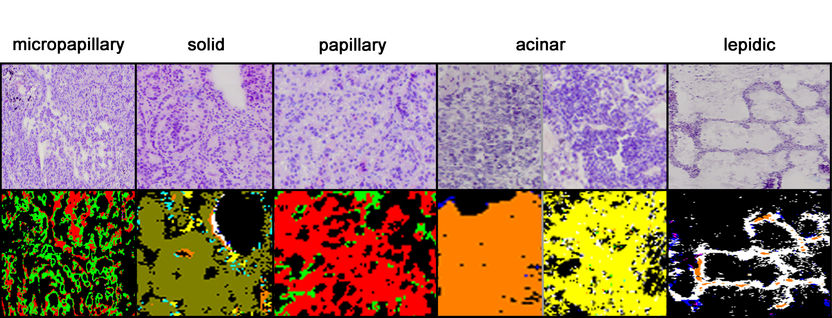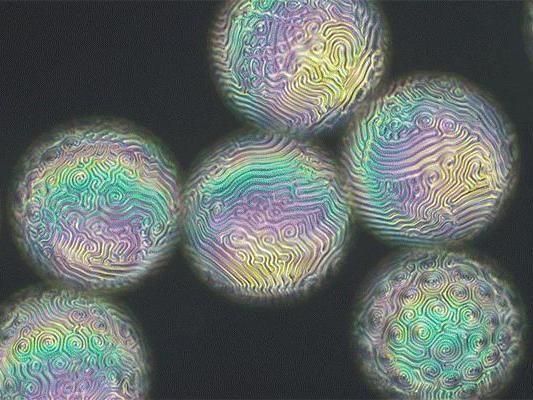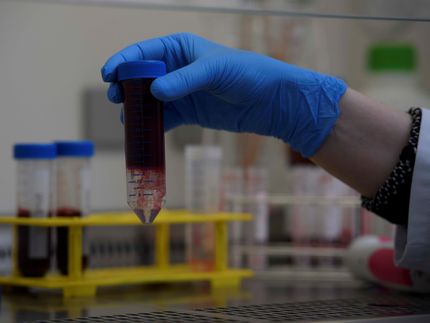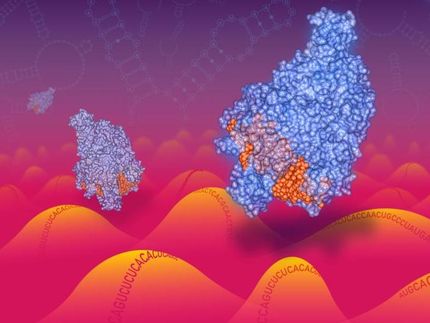New approach to testing for long Covid
Blood vessels in the eye altered with persistent coronavirus symptoms
A standardized eye examination might reveal in future whether people are suffering from long covid syndrome or post-Covid. A team at the Technical University of Munich (TUM) was able to demonstrate a clear connection between the disease and certain changes to the blood vessels in the eye.
Between ten and 35 percent of those affected continue to experience symptoms such as respiratory problems or fatigue long after contracting Covid. So far, no physical features, or so-called biomarkers, are known that can be used to reliably diagnose long Covid.
One of the characteristics of Covid-19 is changes to blood vessels. This affects the endothelium, in particular, the inner wall of the blood vessel. As a result of the changes, organs in the body are not supplied with sufficient blood.
Small blood vessels little studied
To date, the blood vessels studied were mainly large vessels. “However, 90 percent of endothelial cells in the body are in small and tiny vessels. What happens to these blood vessels in long Covid is barely known,” says the leader of the study, Prof. Christoph Schmaderer, Managing Senior Physician in the Department of Nephrology at Klinikum rechts der Isar, TUM’s university hospital.
“Blood vessels in the eye could offer a clue to the condition of small blood vessels in the whole body,” Schmaderer says. They are easily accessible for examination, he adds. The necessary methods and tools are well tested and do not require any intervention in the body.
Vessels are constricted or dilate less
Schmaderer, co-leader of the study, Dr. Timon Kuchler, and their team describe their results in the scientific journal “Angiogenesis”. Two values, in particular, showed a strong correlation with long Covid illnesses. Firstly, arterioles, i.e. the smallest arteries, were significantly constricted by comparison with the healthy control group. Secondly, venules – but not the arterioles – showed an altered response to light stimulation. If you shine a flickering light into the eye, the blood vessels dilate. In the case of patients with long Covid, this response was significantly reduced.
The more inflammatory markers were measured in the blood of participants, the more pronounced the changes were. According to studies, persistent inflammatory responses are suspected of being a further important factor in long Covid.
Further studies needed
As the study is comparatively small with 41 sick participants and was only conducted in a single hospital, no reliable test for long Covid can be derived from the results yet. In the researchers’ opinion, further studies are needed in order to verify the results. “I am confident that a tool can be developed on the basis of our results in order to diagnose long Covid with confidence,” states Christoph Schmaderer. “We also assume that microcirculation is restricted not just in the eye but also in other parts of the body. This might make the method especially suited for assessing the effectiveness of future therapies for long Covid.”
Original publication
Timon Kuchler, Roman Günthner, Andrea Ribeiro, Renate Hausinger, Lukas Streese, Anna Wöhnl, Veronika Kesseler, Johanna Negele, Tarek Assali, Javier Carbajo-Lozoya, Maciej Lech, Heike Schneider, Kristina Adorjan, Hans Christian Stubbe, Henner Hanssen, Konstantin Kotilar, Bernhard Haller, Uwe Heemann, Christoph Schmaderer; "Persistent endothelial dysfunction in post-COVID-19 syndrome and its associations with symptom severity and chronic inflammation"; Angiogenesis, 2023-7-28
Original publication
Timon Kuchler, Roman Günthner, Andrea Ribeiro, Renate Hausinger, Lukas Streese, Anna Wöhnl, Veronika Kesseler, Johanna Negele, Tarek Assali, Javier Carbajo-Lozoya, Maciej Lech, Heike Schneider, Kristina Adorjan, Hans Christian Stubbe, Henner Hanssen, Konstantin Kotilar, Bernhard Haller, Uwe Heemann, Christoph Schmaderer; "Persistent endothelial dysfunction in post-COVID-19 syndrome and its associations with symptom severity and chronic inflammation"; Angiogenesis, 2023-7-28
Organizations
Other news from the department science

Get the analytics and lab tech industry in your inbox
By submitting this form you agree that LUMITOS AG will send you the newsletter(s) selected above by email. Your data will not be passed on to third parties. Your data will be stored and processed in accordance with our data protection regulations. LUMITOS may contact you by email for the purpose of advertising or market and opinion surveys. You can revoke your consent at any time without giving reasons to LUMITOS AG, Ernst-Augustin-Str. 2, 12489 Berlin, Germany or by e-mail at revoke@lumitos.com with effect for the future. In addition, each email contains a link to unsubscribe from the corresponding newsletter.
Most read news
More news from our other portals
Last viewed contents

Detecting lung cancer at an early stage - Marker-free, automatic procedure facilitates prognosis regarding tumour aggressiveness




























































